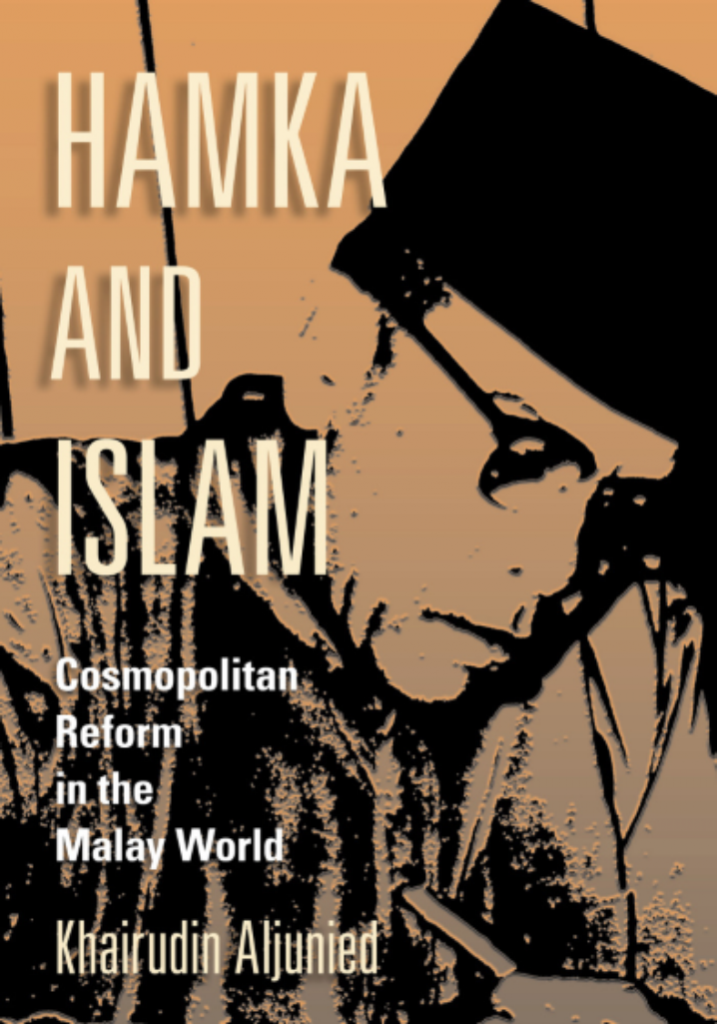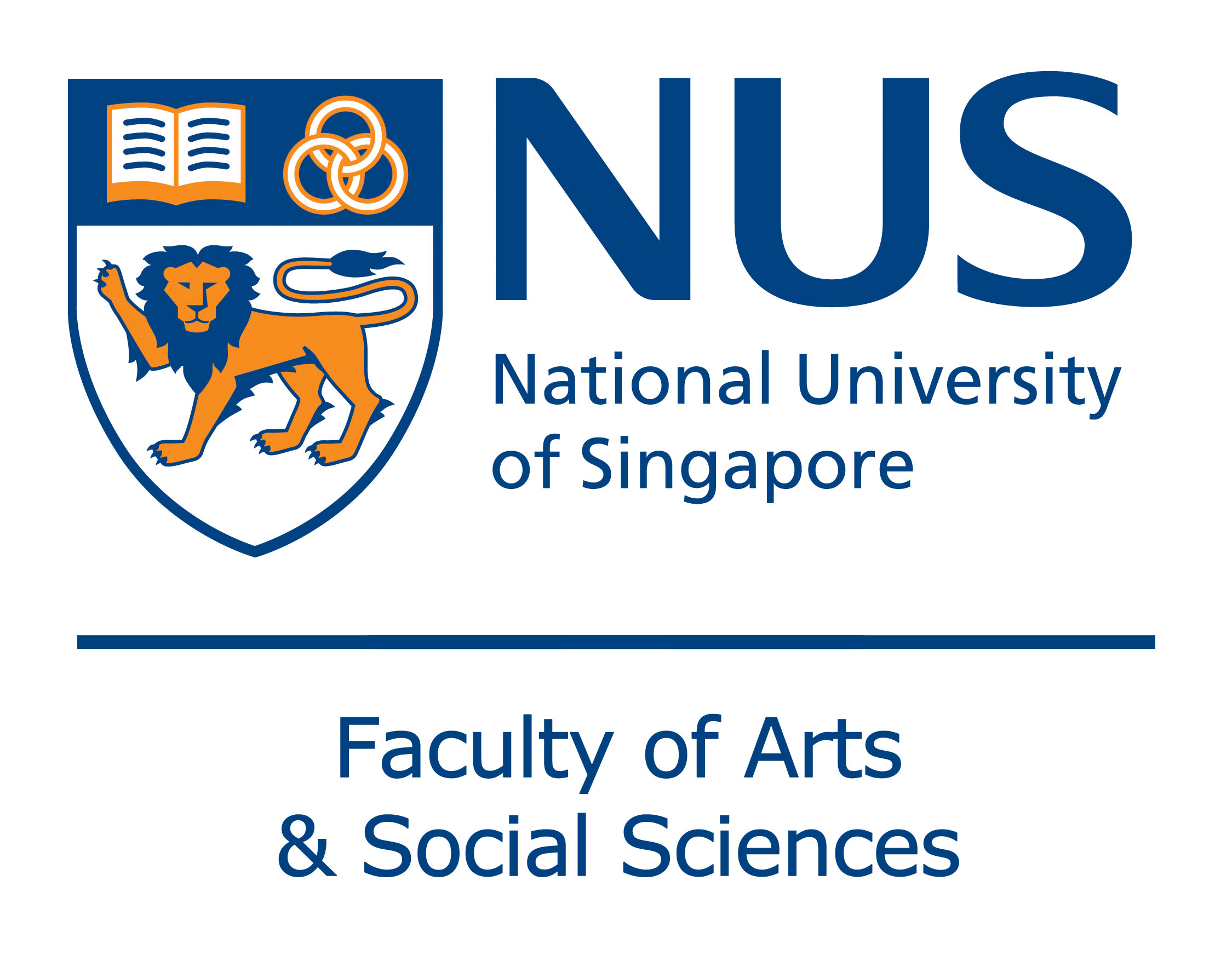Hamka and Islam: Cosmopolitan Reform in the Malay World
Khairudin Aljunied
Cornell University Press
Since the early twentieth century, Muslim  reformers have been campaigning for a total transformation of the ways in which Islam is imagined. Islam in the Malay World has a long list of innovative Muslim reformers. The author Haji Abdullah Malik Abdul Karim Amrullah, commonly known as “Hamka,” is one of the most influential.
reformers have been campaigning for a total transformation of the ways in which Islam is imagined. Islam in the Malay World has a long list of innovative Muslim reformers. The author Haji Abdullah Malik Abdul Karim Amrullah, commonly known as “Hamka,” is one of the most influential.
In Hamka and Islam, Khairudin Aljunied employs the term “cosmopolitan reform” to describe Hamka’s attempt to harmonize the many streams of Islamic and Western thought while posing solutions to the various challenges facing Muslims in the Malay world. Among the major themes explored by Aljunied are reason and revelation, moderation and extremism, social justice, the state of women in society, and Sufism in the modern age, as well as the importance of history in reforming the minds of modern Muslims. Aljunied argues that Hamka demonstrated intellectual openness and inclusiveness towards a whole range of thoughts and philosophies to develop his own imaginary and vocabulary of reform, attesting to Hamka’s unique ability to function as a conduit for competing Islamic and secular groups.
Hamka and Islam pushes the boundaries of the expanding literature on Muslim reformism and reformist thinkers by grounding its analysis within the Malay world experience and offering a novel attempt to build a concept—”cosmopolitan reform”—that will be of service to researchers across the world.
Aljunied, K. Hamka and Islam: Cosmopolitan Reform in the Malay World (Cornell University Press, 2018).


You must be logged in to post a comment.